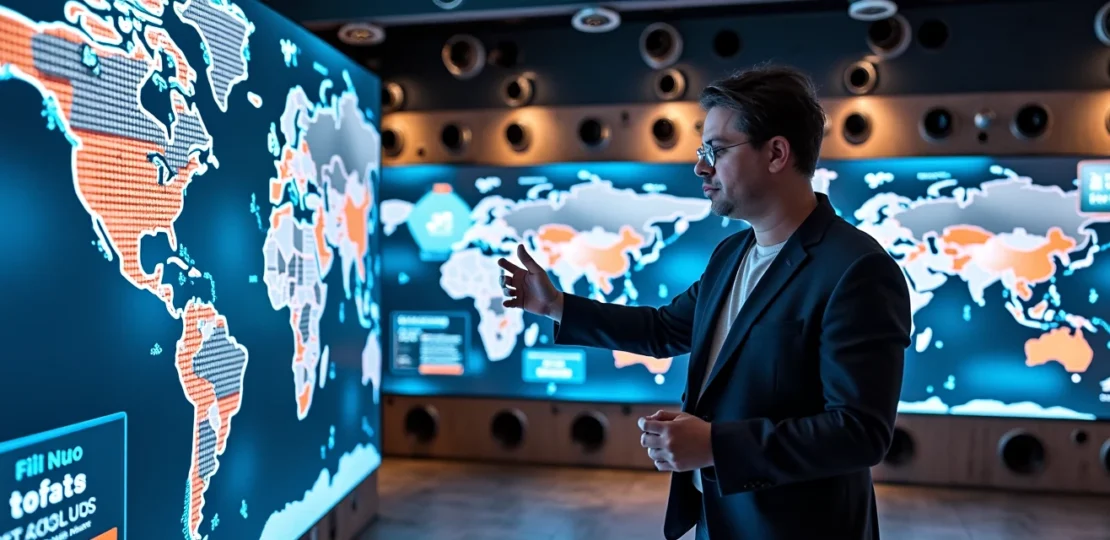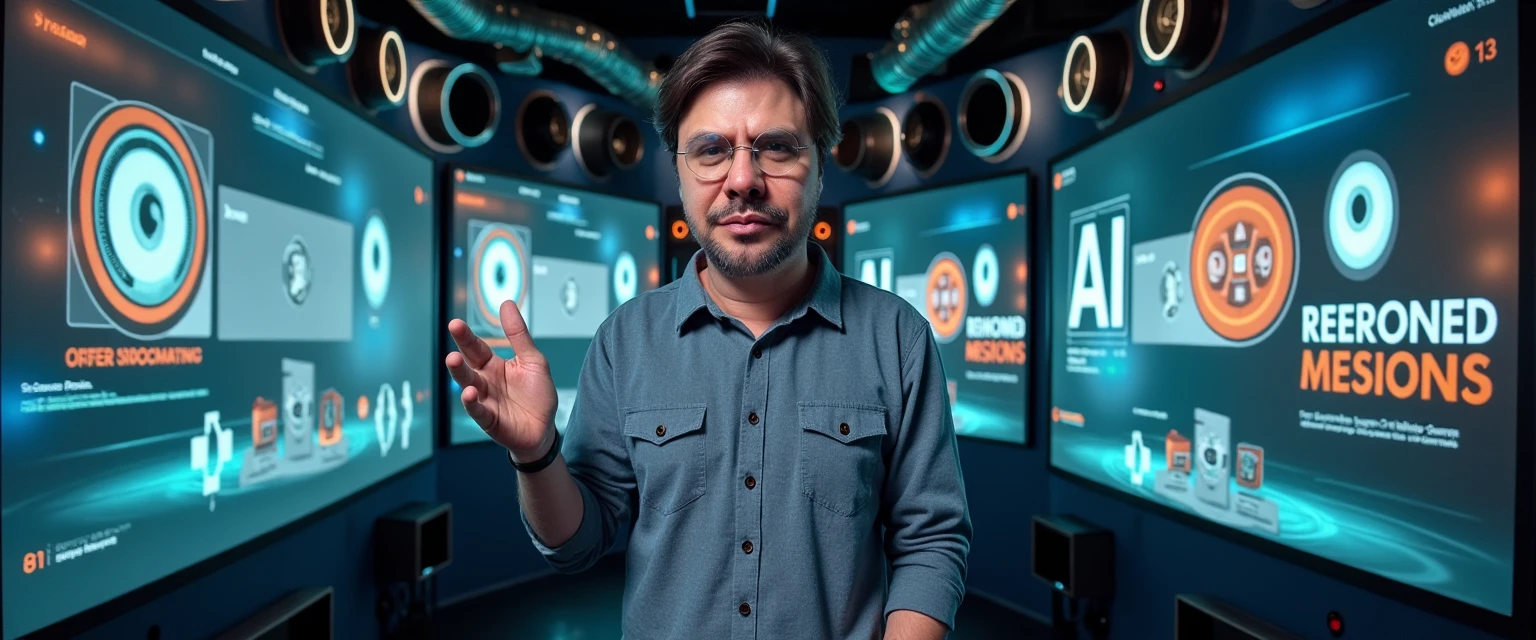The New Era of Global AI Competition: From Chinese Advancement to ChatGPT Gov
January 30, 2025 | by Matos AI

In just over 24 hours, the world of Artificial Intelligence has brought surprising revelations that deserve our attention. As someone who has been following the technology market for more than two decades, I can say: we are living in a moment of unprecedented transformation in the global AI scenario.
Let's analyze the main events:
China's Rise in AI
The most shocking news comes from China: the company DeepSeek has managed to develop language models comparable to those of the American giants with an investment of just US$1.4T 5.6 million. As reported by USA Today, this represents a fraction of what companies like OpenAI, Google and Meta invest in their technologies.
Join my WhatsApp groups! Daily updates with the most relevant news in the AI world and a vibrant community!
- AI for Business: focused on business and strategy.
- AI Builders: with a more technical and hands-on approach.
This development is not just a technological curiosity – it is a red alert for the global market. In my experience supporting startups and innovation projects, I have rarely seen such a significant cost disruption in a strategic sector.
ChatGPT Gov: AI Comes to Government
Meanwhile, OpenAI is launching ChatGPT Gov, a version specifically for government agencies. According to the GovTech, the tool allows government organizations to integrate sensitive non-public data into OpenAI models while maintaining control over security and privacy.
Apple and iOS 18.3: Cautious Steps in AI
Apple continues its cautious journey into AI with iOS 18.3, as reported by TechRadar. Visual Intelligence features are now enabled by default, but we are still far from the full potential that the company could offer.
The Financial Market Bets on AI
Warren Buffett, through Berkshire Hathaway, demonstrates his confidence in the sector with US$ 74 billion invested in two leading AI companies. It is a significant vote of confidence from one of the greatest investors in history.
Innovations in Software Development and Healthcare
In the field of software development, Sourcegraph launches its AI coding agents, while in healthcare, Owkin demonstrates how AI can double the success rate in drug development.
Reflections and Implications
As someone who has lived through several waves of technological innovation, I see interesting parallels with other moments of transformation. China’s entry with a more affordable solution reminds me of the 2010s, when Chinese companies revolutionized the smartphone market with more affordable devices.
For Brazil and other emerging markets, this scenario brings both opportunities and challenges. Reducing the costs of AI development can democratize access to the technology, but it will also require a strategic response from our innovation ecosystem.
This moment demands special attention from startups, corporations and governments. In my experience coordinating government programs to support startups and leading innovation initiatives, I have learned that moments of disruption like this require agility in adaptation and strategic clarity.
✨Did you like it? You can sign up to receive 10K Digital's newsletters in your email, curated by me, with the best content about AI and business.
➡️ Join the 10K Community here
RELATED POSTS
View all



